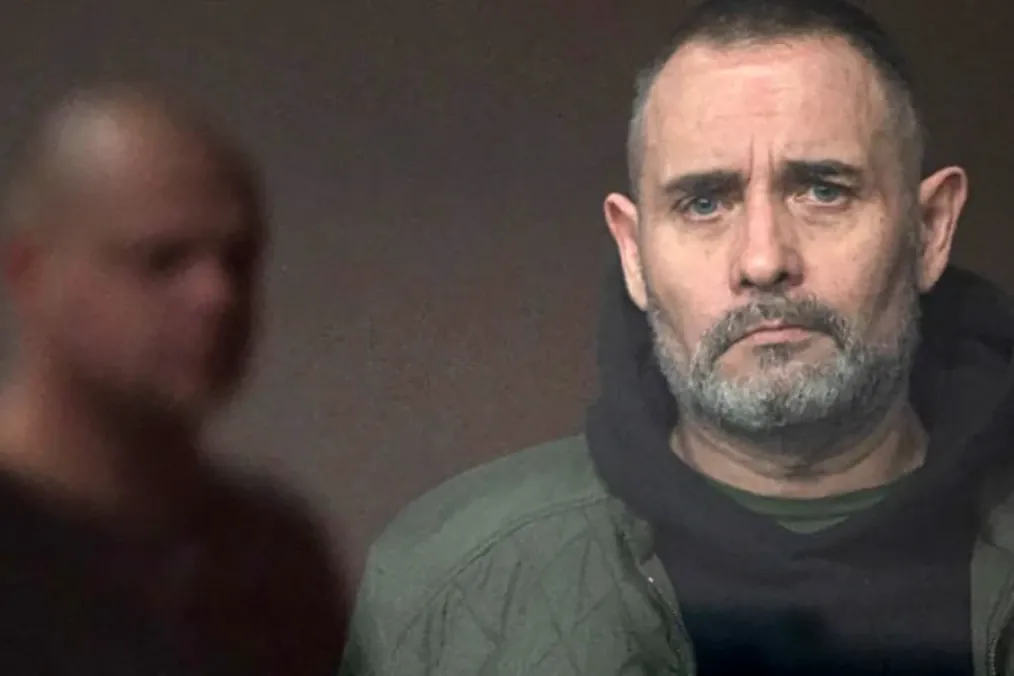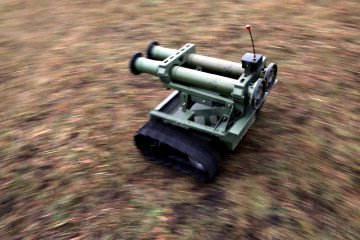- Category
- Latest news
Ukrainian Soldier’s Death in Russian Captivity Attributed to Severe Chest Injuries, Autopsy Finds

A forensic examination has determined the cause of death for Ukrainian prisoner of war Oleksandr Ishchenko, who passed away while in custody at a pre-trial detention center in Rostov-on-Don. The autopsy revealed that Ishchenko, a driver with the Azov Brigade, died from closed blunt force trauma to the chest caused by contact with a blunt object.
According to the forensic report, Ishchenko’s death resulted from multiple rib fractures and shock, confirming that his death was due to violence. It is known that he was captured during the defense of Mariupol and held in Russian detention facilities following his capture.
Oleksandr Ishchenko joined the Azov Brigade in February 2022. His death was officially reported on July 31, 2024, by Russian media, although his family had learned of his captivity only through photographs.
Deputy Commander of the Azov Brigade, Svyatoslav Palamar, has highlighted the brutal treatment of prisoners and called for an investigation into Ishchenko’s death. Ukrainian Ombudsman Dmytro Lubinets has requested detailed information from Russian authorities about the circumstances of Ishchenko’s death and his conditions of detention. The Ukrainian side is also calling for strict adherence to the Geneva Conventions, which regulate the treatment of prisoners of war, and for adequate medical care to be provided.
Oleksandr Ishchenko, a 55-year-old driver, joined the Azov Brigade shortly before the start of Russia’s full-scale invasion. After his capture, he was initially held in Donetsk and later transferred to Rostov-on-Don. His family only learned of his captivity through unofficial sources, including photographs, as Russian authorities did not provide official updates. Ishchenko died nine days before his daughter was informed of his death, with official confirmation coming through media outlets. In response, the Ukrainian government has contacted international organizations, such as the International Committee of the Red Cross and the United Nations, to draw attention to the conditions of Ukrainian prisoners of war and ensure compliance with humanitarian standards.




-72b63a4e0c8c475ad81fe3eed3f63729.jpeg)

-c439b7bd9030ecf9d5a4287dc361ba31.jpg)
